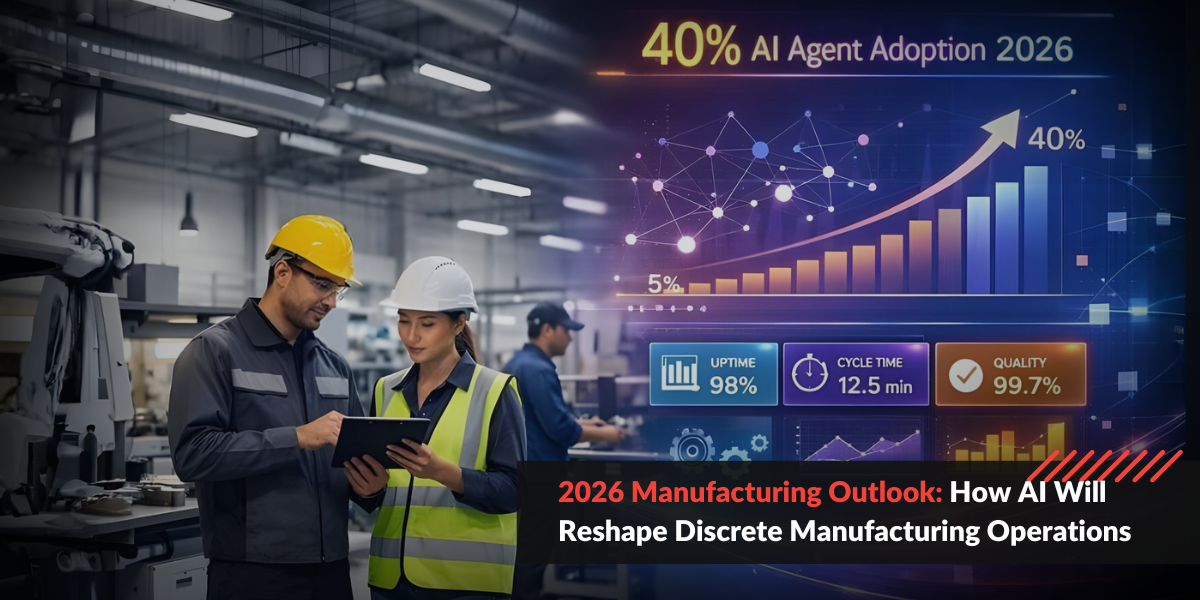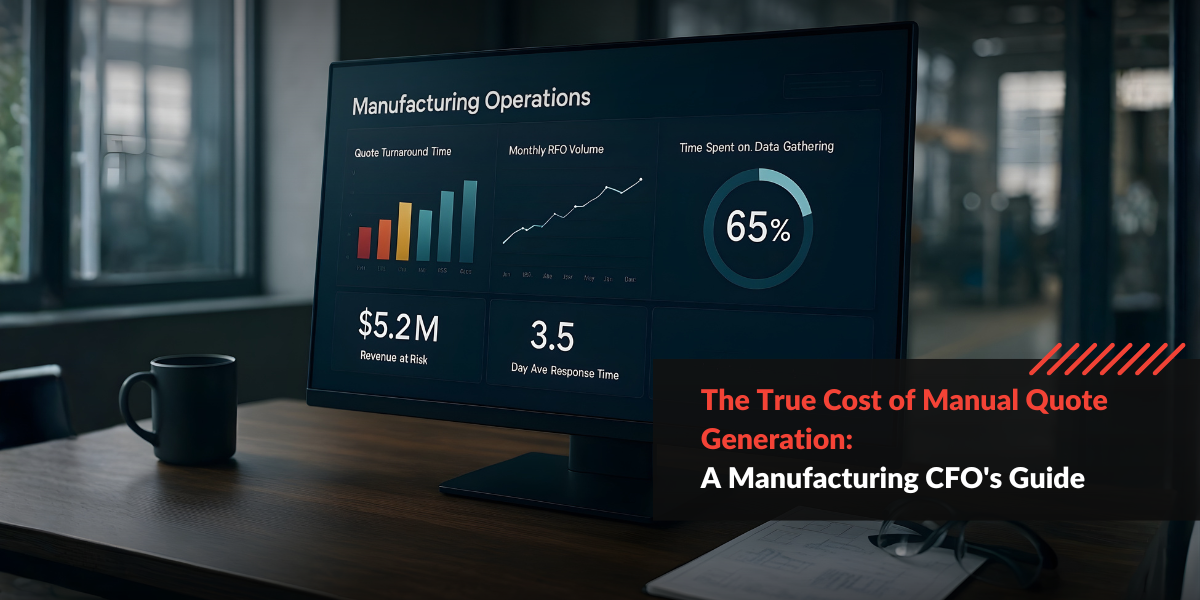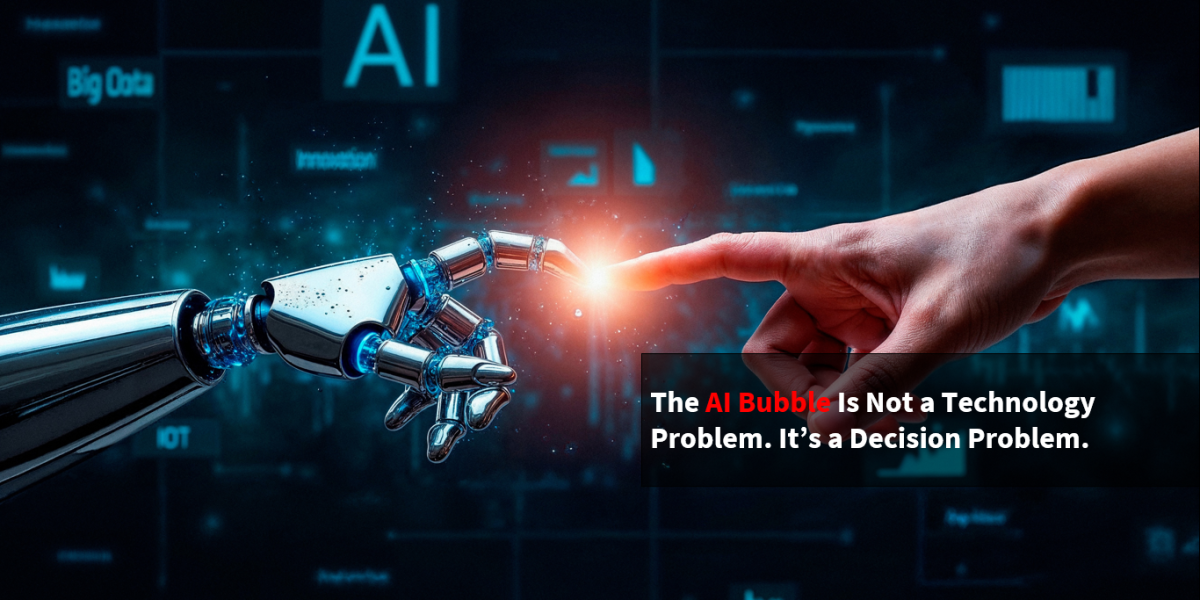By the year 2022, 99% of all data in digital universe will be unstructured and the volume of this data is increasing at a rate of 62% YoY.
Unstructured data is the massive volumes of documents, invoices, forms, emails, customer support requests and records that organizations must routinely process as part of their core business operations. It could also include freeform information that is mined from areas like social media posts, notes made by a call center agent, Twitter conversations with customers, etc.
The Challenge of Unstructured Content
Unstructured data can be an extremely rich source of information, but it isn’t easy to extract relevant information from it and drive downstream processes or automation.
This is where IPA (Intelligent Process Automation) comes into the picture – harnessing RPA (Robotic Process Automation) for workflow automation while using AI to automate processing of unstructured content. It is a core part of a company’s next-generation operating models.
Automation Opportunities with IPA (RPA + AI)
IPA is an emerging set of new technologies that combines fundamental process redesign with RPA (Robotic Process Automation) and AI (Artificial Intelligence).
It mimics the activities that are carried out by humans and over time learns to do them even better. The growing volume of unstructured data is one of the main reasons why IPA gains center-stage. It is a suite of next-generation tools that assists the knowledge worker by removing repetitive, replicable, and routine tasks. It leverages AI supplemented with CV (Computer Vision), NLP (Natural Language Processing), Machine Learning and other technologies to extract relevant data into structured forms to help decision making and reduce errors. RPA helps connect various systems and can either read/write information from/to databases or pull/write information from/to disparate systems to automate workflows end-to-end.
Organizations will be able to track workflows in real-time, have complete control over the processes and manage handoffs between different systems seamlessly. This automated flow can also provide statistical information on any bottlenecks and this information allows for improvement. Thanks to AI, such applications continue to learn and improve over time leading to higher efficiency.
Many companies across various industries have been experimenting with IPA, with impressive results:
- Automation of 50% to 70% of data-intensive tasks.
- 20% to 35% reduction in cost.
- A reduction in turnaround time of 50 to 80%.
- ROI in a matter of months.
The promise of IPA is radically enhanced efficiency, improved productivity, reduction of operational risks, and faster response times. It can also radically improve customer journeys by simplifying interactions and speeding up processes.
Beyond internal efficiencies, the real power of IPA comes alive when applied to the customer journey. Enhancing customer experience through intelligent automation shows how IPA can personalize interactions, reduce friction, and create seamless service experiences at scale.
If you’re interested in intelligent automation of workflows and tasks, Rapid Acceleration Partners can help you. Our content intelligence platform RAPFlow in tandem with our RPA solution RAPBot, empowers organizations with end-to-end workflow automation that can be deployed in a matter of weeks. Please contact us, to book a demo or for more information about our AI-powered applications.




